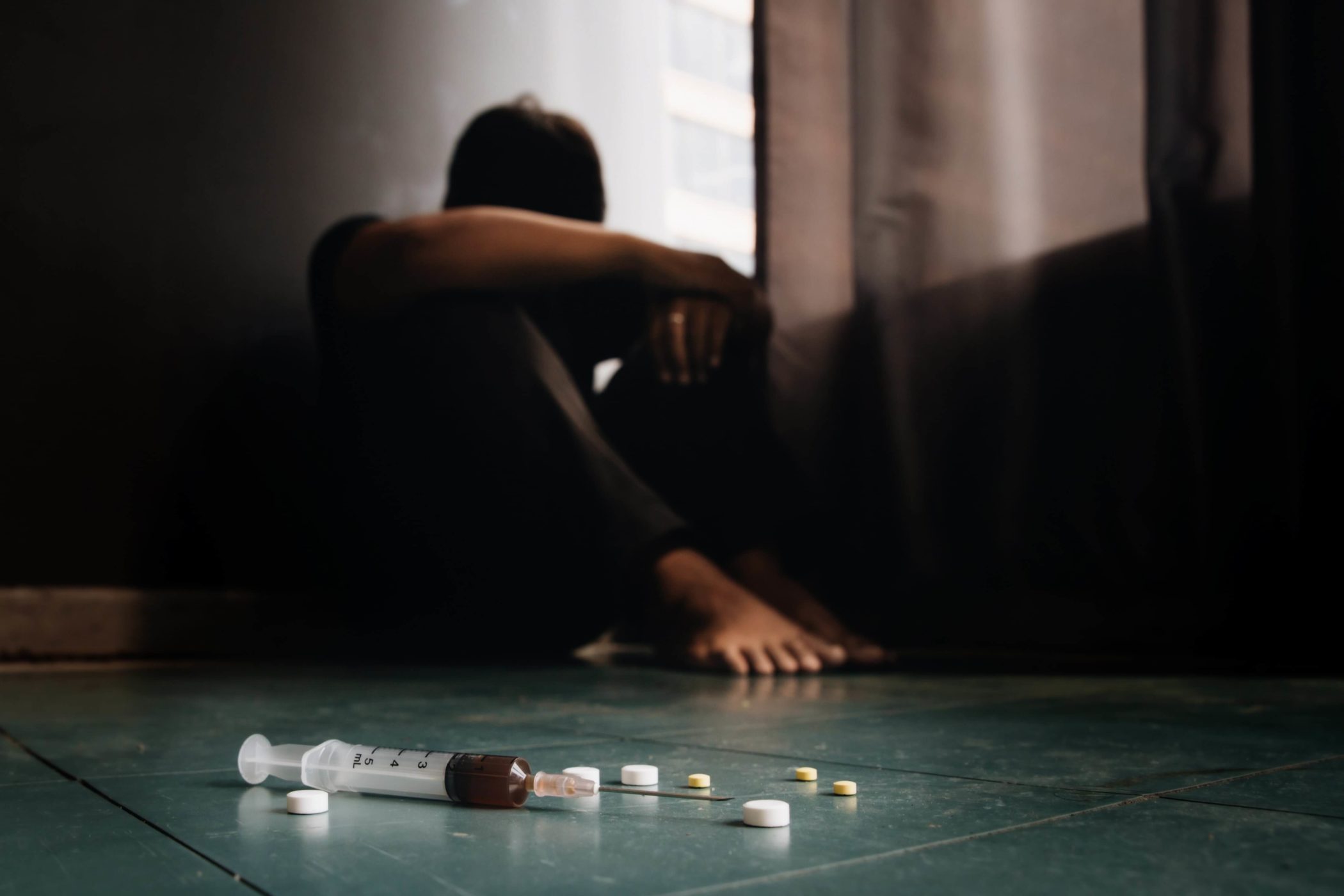Do you feel you’ve lost everything important to you — valued relationships, income, reputation, and health? If you’re at the point where you couldn’t feel any worse, you have probably hit your “rock bottom.”
If your descent was fueled by an addiction to drugs or alcohol, or both, hitting rock bottom may signal the turning point toward seeking recovery.
Rock bottom may mean irreparable damage in some areas of your life. And you don’t have to hit rock bottom to lose your life to overdose or other drug or alcohol-related causes. There are many signs you have hit or are nearing rock bottom. Recognizing the symptoms and, if possible, acting before you hit bottom may help you avoid devastating losses, including your life.
How Severe is Your Addiction?
At what point does your addiction cross the line from moderate to severe? Physicians rely on the most recent version of the Diagnostic and Statistical Manual of Mental Illness (DSM-5) to diagnose a substance use disorder (SUD) or alcohol use disorder (AUD) and its severity. SUD refers to either alcohol or drug abuse, while AUD refers only to alcohol abuse.
Feeling as if you have hit rock bottom isn’t the same for everyone and can happen before you meet the criteria for a severe substance use disorder. However, having a severe SUD puts you more at risk of hitting rock bottom.
The DSM-5 lists eleven criteria that signal varying degrees of SUD severity. If you meet at least six of the following symptoms in a twelve-month period, you meet the criteria for a severe SUD.
- You take more of the substance and for longer than you intended.
- You have tried but failed to quit or decrease use.
- You spend excessive time and effort to obtain and use the substance or recover after use.
- You have intense cravings for the substance.
- Substance use interferes with your ability to fulfill your responsibilities.
- You continue using the substance despite adverse consequences socially, occupationally, or with schoolwork.
- You gave up or lessened your involvement with other activities because of substance use.
- You exhibit risky behavior while using the substance, such as driving a motor vehicle.
- You keep using the substance despite knowing the psychological and physical dangers.
- You have developed a tolerance to your usual dose and must take a greater amount to achieve the desired effect.
- You experience withdrawal symptoms if you stop using the substance, which are relieved if you resume substance use.
Psychology Today experts provide additional behavioral and psychological signs of serious addiction, including:
- Hiding drug or alcohol use
- Lying about consumption or making excuses for unusual behavior
- Neglecting appearance or hygiene
- Stealing to support your addiction
- Experiencing such an urgent need for the substance, you can’t think about anything else
What Are Some Signs You’ve Hit Rock Bottom?
As mentioned, feeling you have hit rock bottom can differ for each person, but often include many of the following:
- Incarceration or other legal problems
- Job loss or financial ruin, expulsion from school
- Loss of significant relationships
- Inability to care for yourself or loved ones
- Losing custody of children
- Severe anxiety or depression
- Homelessness
- Serious injury or health crisis
- Mood swings and other mental health issues
- Outbursts of aggression or violence
- Risky behavior, including unsafe sex
- Overdose
Acknowledging you have hit rock bottom is perhaps the most crucial moment of your life. Will you accept your addiction is out of control and seek help to recover?
Getting The Help You Need
Choosing to enter an addiction recovery program takes courage, but it is a decision that can save your life. Your motivation, along with professional guidance, are critical factors in recovery.
- Begin by talking to your doctor or an addiction specialist for an appropriate referral. They’ll help determine the severity of your addiction, whether you have co-occurring disorders, and the best next steps.
- The first step in recovery is detox — ridding your body of toxic substances. Detox is often uncomfortable and, in some cases, can be deadly. A medical detox program ensures you are physically and mentally protected and as comfortable as possible during detox.
- Your risk of relapse is high if you fail to follow detox with a quality addiction recovery program (rehab). Rehab professionals will help you identify the underlying causes of your addictive behavior and teach you how to manage triggers, improve stress management and communication skills, and other coping skills.
- Build a reliable support network. Support from family, friends, and others who are going through or have gone through addiction recovery is invaluable. Foster a network of supportive, sober people who respect your recovery journey. Ask for help when you need it.
Whether you have already hit rock bottom or are afraid that’s where you’re headed, Bridges of Hope addiction experts want to help. We are accredited by the Joint Commission to treat co-occurring substance use and mental health disorders, known as dual diagnosis, and are recognized for our excellent patient outcomes.
The compassionate team at Bridges of Hope embodies our mission statement “to provide hope and healing for anyone with alcohol and substance abuse disorders.” That’s what drives us.
Contact us today to learn more.


 Verify Insurance
Verify Insurance
 Toll Free Call
Toll Free Call